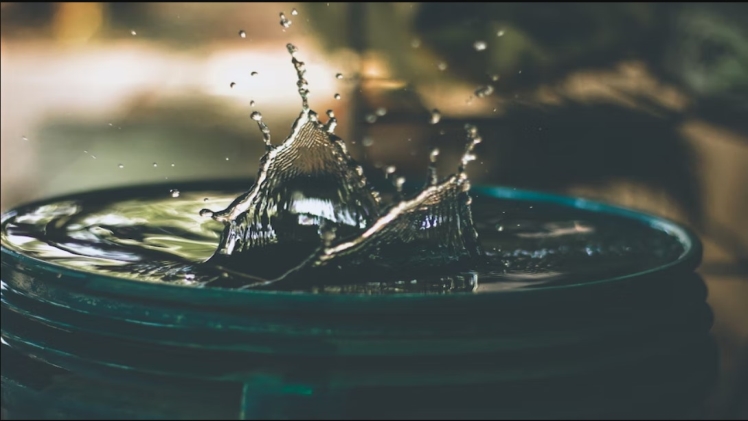The quality of water that you drink directly affects your health. If you don’t filter your water properly, it can lead to serious disease and even death. The Camp Lejeune incident is a chilling reminder of the importance of checking the purity of your drinking water.
Between 1st August 1953 till 31st December 1987, veterans and their families based out of the army base of Camp Lejeune were affected by large-scale water contamination.
If you or your family were living in Camp Lejeune during this period for at least 30 days and have health issues, your medical care costs may be reimbursed by the federal government, as per the Camp Lejeune Families Act of 2012. Also, follow reliable resources on the Camp Lejeune Water contamination lawsuit to file a class action lawsuit or check for updates on the case.
You need a solution that cleanses the impurities from tap water while also giving it back its natural taste. To choose a purifier in a planned manner, go through these five tips.
1. Understand Your Water Type
Before you choose a water purifier for your home, you need to know what kind of water quality you have.
If you live in an area where the main source of water is from rivers or lakes, then it’s best to use a whole-house filtration system. This system treats all the water that comes into your home.
It also distributes this treated water through different taps in your house. So all the taps would be using purified and safe tap water at all times. People who live in areas with hard water may want to look into buying reverse osmosis (RO) systems.
There are many kinds of filters in the USA today. Forbes lists 8 major kinds like RO filters, Activated Alumina filters, Alkaline and Water Ionizers, Carbon Black and Activated Charcoal, Ceramic filters, Distillation filters, UV filters, and Mesh filters.
2. Understand the Contaminants in Your Water
You need to know what the toxins in your water are and whether the percentages are safe or not. Check the health risks associated with the contaminants.
In an emergency, you may be forced to use a portable water filter. According to the Centre for Disease Control and Prevention, portable water filters can remove parasites like Cryptosporidium and Giardia. Choose a filter that has a pore size smaller than 1 micron.
Also, keep in mind portable filters do not remove viruses, and many portable filters do not remove all bacteria. In such cases, use disinfectants like chlorine or iodine to destroy bacteria and viruses in the freshly filtered water.
If you are unsure of what contaminants are present in your water, it is beneficial to test for them. Your local municipality will have recommendations and protocols on how to test for specific contaminants.
If you live near agricultural land or livestock operations, then it may be worth testing for nitrates or pesticides like glyphosate, which are present in weed killers. Different types of bacteria can make their way into our tap water supplies via animal feces like E-Coli, and these can cause gastrointestinal illness.
3. Choose a Purifier That Is NSF Certified
Opt for a purifier that has been tested for the type of water you have in your home. You should also check if the purifier is compliant with NSF’s standards.
The National Sanitation Foundation, or the NSF, is an independent, non-profit organization that tests and certifies drinking water filters. The NSF standards NSF/ANSI 42 and NSF/ANSI 53 are used to certify water filtration products to comply with standards of health and safety.
Their certification and testing services apply to various products in this domain, including RO systems, distillation systems, water softeners, and UV systems.
4. Your Purifier Should Be Easy to Maintain
Once you know what you need in terms of removal efficiency and cost efficiency, then finding the right purifier will be easier for you. You shouldn’t have to spend a lot of time in regular maintenance if your filter is easy to clean.
You should check the frequency of changing filters and cleaning the purifier. In case the filter malfunctions, check the repair and replacement costs too.
5. Post-Purchase Experience
While choosing a water purifier, it is important to consider the after-sales service provided by the company. A good company will provide a warranty on their product, and you must choose such a brand. It will be easy for you to get the product repaired or even replaced if something goes wrong with it.
Some brands may also give an extended warranty as well so that you can use your water purifier for a long time without any issues.
Selecting the wrong purifier can be harmful to your health, whereas choosing the right water treatment system will ensure safe drinking water. While some purifiers promise to remove harmful chemicals and microorganisms from tap water, they may not be able to remove them all. This is why you must find out what your local water purity standards are before choosing a purifier.
To conclude, it is important to choose a water purifier that has been tested for the type of water in your area. If you are unsure which type is right for your home, consult with an expert who can help you make the best decision.


